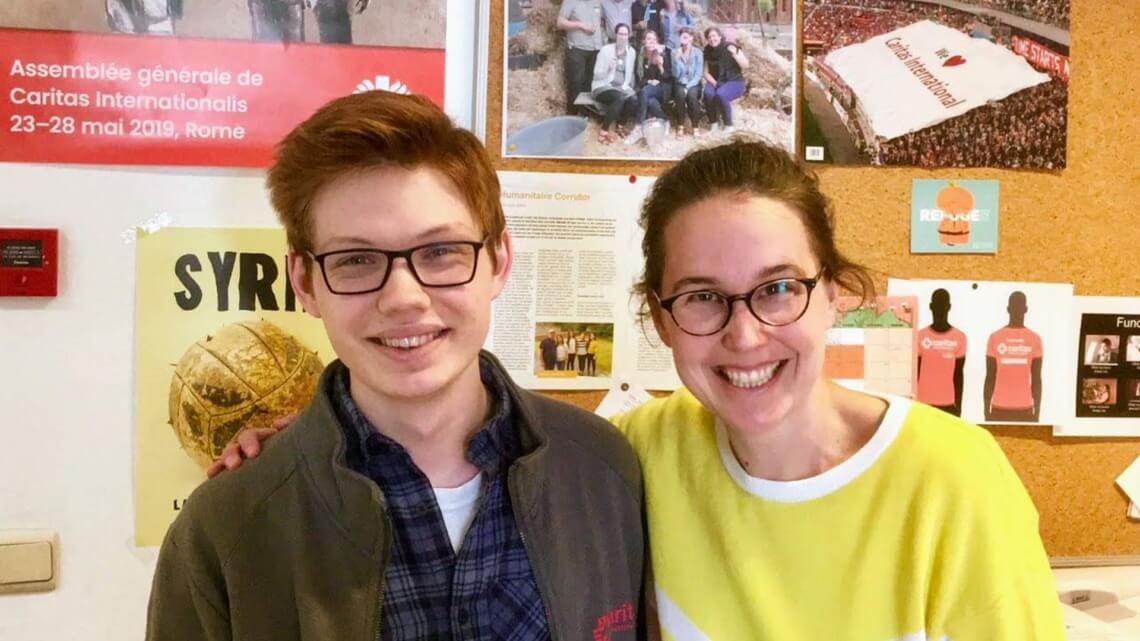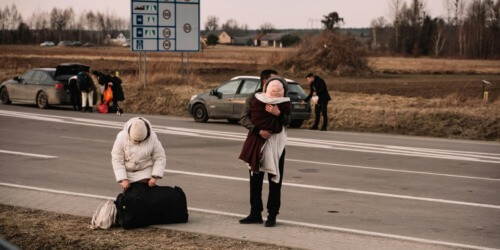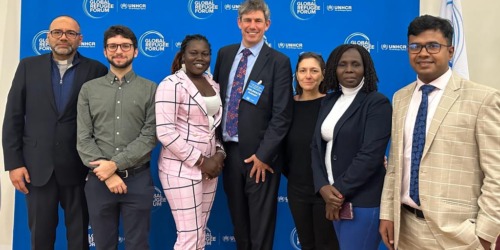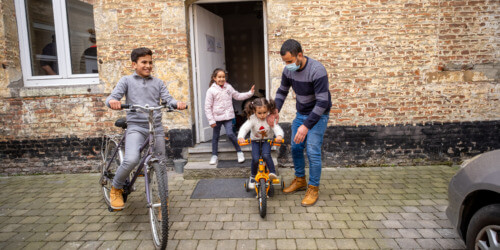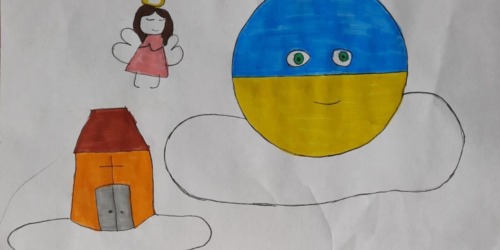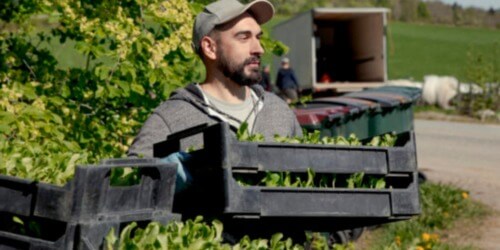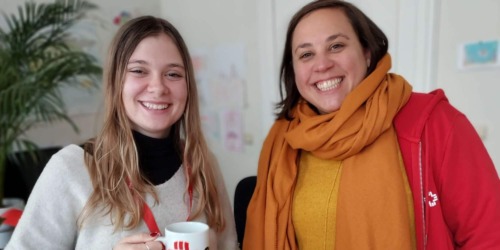Since February 2015, Caritas International has partnered with the Institute for Field Education (IFE)[1], welcoming an American intern each spring. IFE is a French not-for-profit educational organization that engages American university students in 5 weeks of interdisciplinary coursework, followed by a 12-week internship. At the end of the program, students write a 30-page thesis in French or Spanish about a topic related to their internship. “This spring, I am excited to be the 5th IFE intern at Caritas International!” says Michael Ward.
Can you introduce yourself a little bit?
Michael: I grew up in the suburbs to the north of Detroit in the great state of Michigan. As a senior at the University of Michigan, I am majoring in Romance Languages and Literatures (French and Spanish) with minors in Computer Science, Chinese Language, and Translation Studies. I have a passion for learning languages and discovering new cultures; in addition to Belgium, I’ve been fortunate to live in Japan, Spain, and China. After my internship ends I will be moving to Taiwan to teach English.
I was excited to be offered an internship with Caritas because of its focus on helping those most in need around the world. Caritas is the type of organization I hope to work at one day as a translator/interpreter. Above all, its efforts with migration and asylum seekers are matters that have always interested me. Through my internship, I hope to gain more experience as a translator while comparing and contrasting Europe’s response to refugees and migrants with that of the United States.
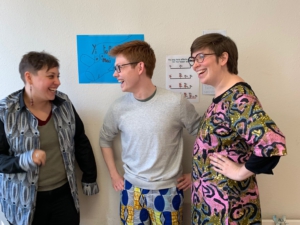
Why Belgium?
Michael: One of the questions I’m asked most often is why I decided to come to Belgium to practice my French over France. For me it was an easy choice: I found Brussels to be a much more exciting, dynamic, and cosmopolitan city than Paris. I also find that France is much more a part of Americans’ collective consciousness, while Belgium is a bit unknown. I saw coming to Belgium as a way to expand my knowledge about the Francophone world and Europe as a whole. Plus, who can say no to a culinary history of french fries, waffles, and chocolate? Since arriving here in January, I’ve had the opportunity to visit cities in both Flanders and Wallonia. Through coursework at IFE, I’ve had the been able to learn about Belgium’s history and cultural heritage, and have even been able to pick up a bit of Flemish. The overview of Belgium I’ve been afforded through this experience has proven the importance and effectiveness of the l’union fait la force mindset and has shown to me the different ways in which separate communities can coexist.
Can you tell us more about your daily life at Caritas?
Michael: At Caritas, I work in the Internal/External Communications Office of the Communication & Mobilization Department. I mostly work on French-to-English translation and have translated articles for the website, fundraising documents, promotional materials, emails, subtitled videos, and checked over others’ translations. I’ve also had the opportunity to work with other offices. For example, I’ve been on a school visit with the Education Office to talk with students about refugees abroad and in Belgium and have helped the Advocacy Office revise a policy brief on the connection between migration and development. Working in the Communication & Mobilization Department is exciting because I find myself at the crossroads of both of Caritas’s main initiatives, Emergency Aid and Development, and Asylum and Migration, giving me the chance to work in both areas.
One of the most instructive moments came from working on the response to Cyclone Idai in Southern Africa. Not only was I completing translations for Caritas’s disaster relief and fundraising efforts, but I also conducted a press review of the responses of other international aid organizations, which gave me a bird’s eye view of the challenges that first responders face, and the importance of working with local partners.
Any final thoughts that you would like to share?
Michael: I’m so appreciative of the warm welcome I’ve received at Caritas. It’s sad to be leaving but feels good knowing I’ve made lifelong connections and have gained invaluable experience and skills.









